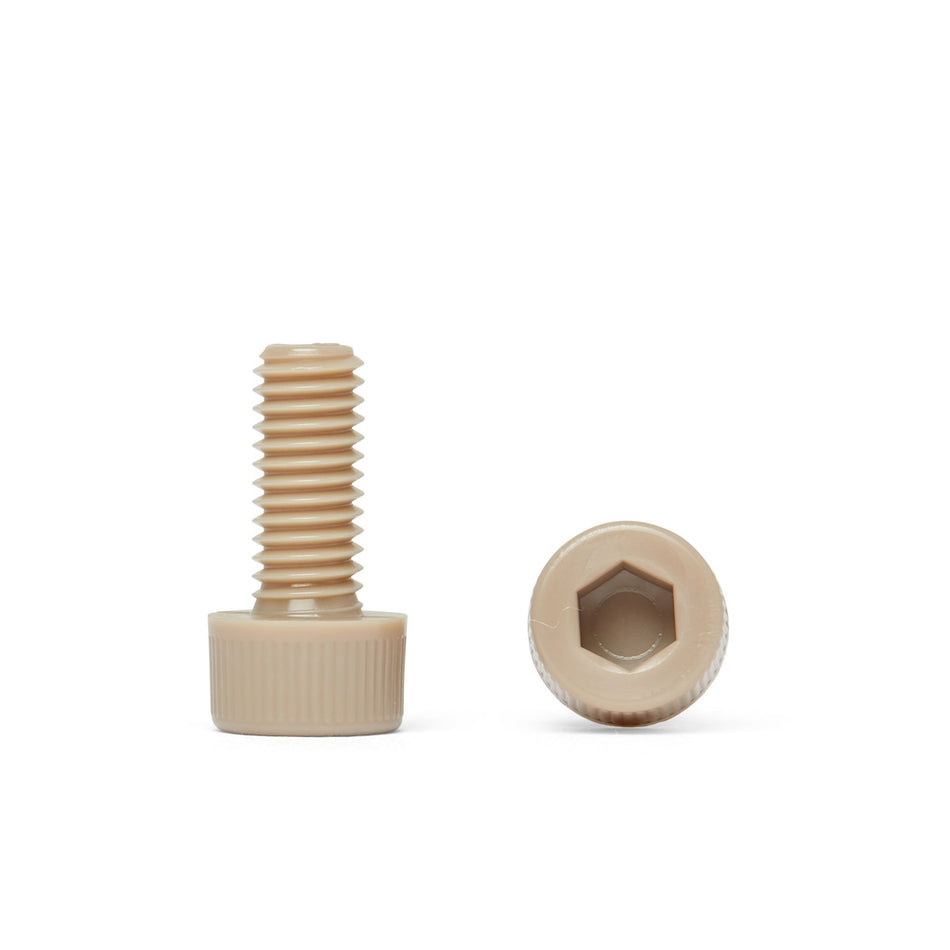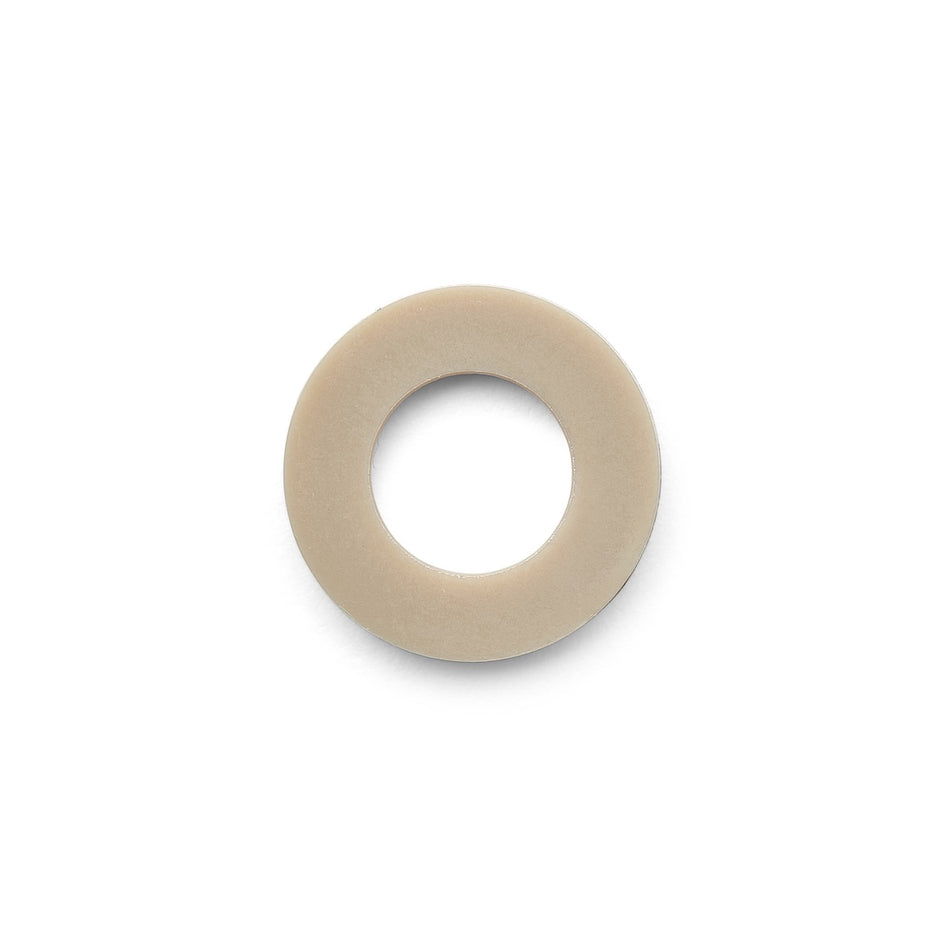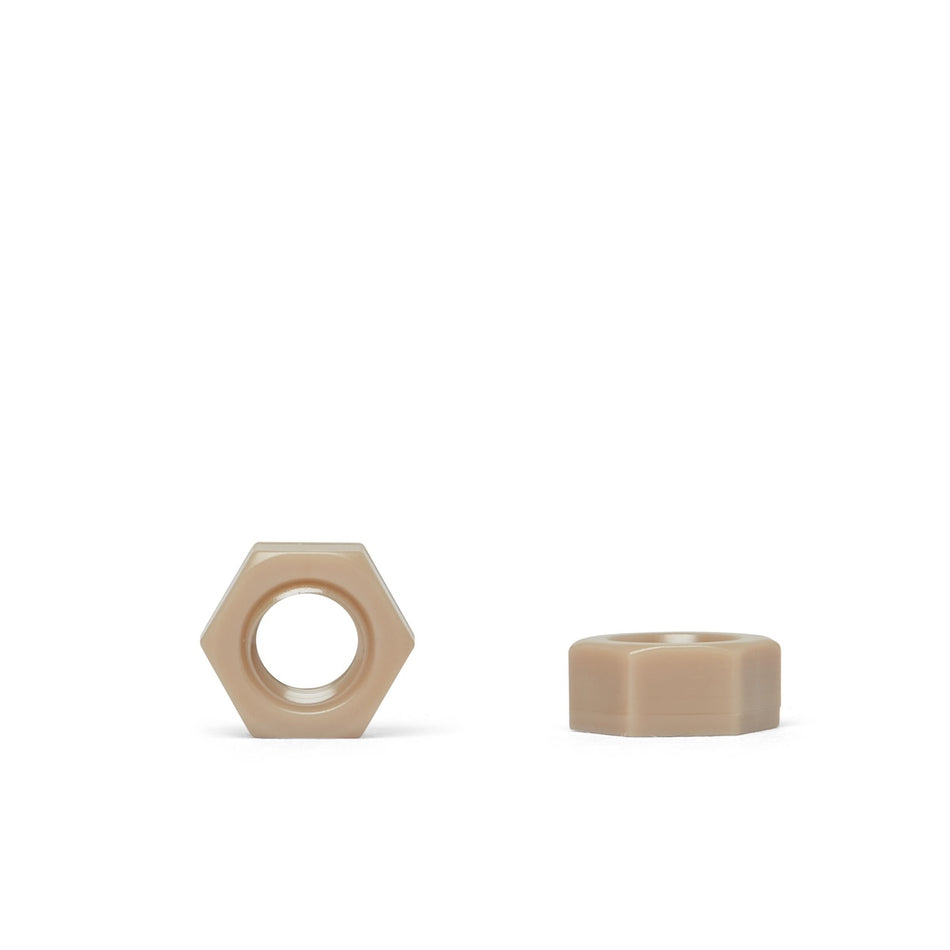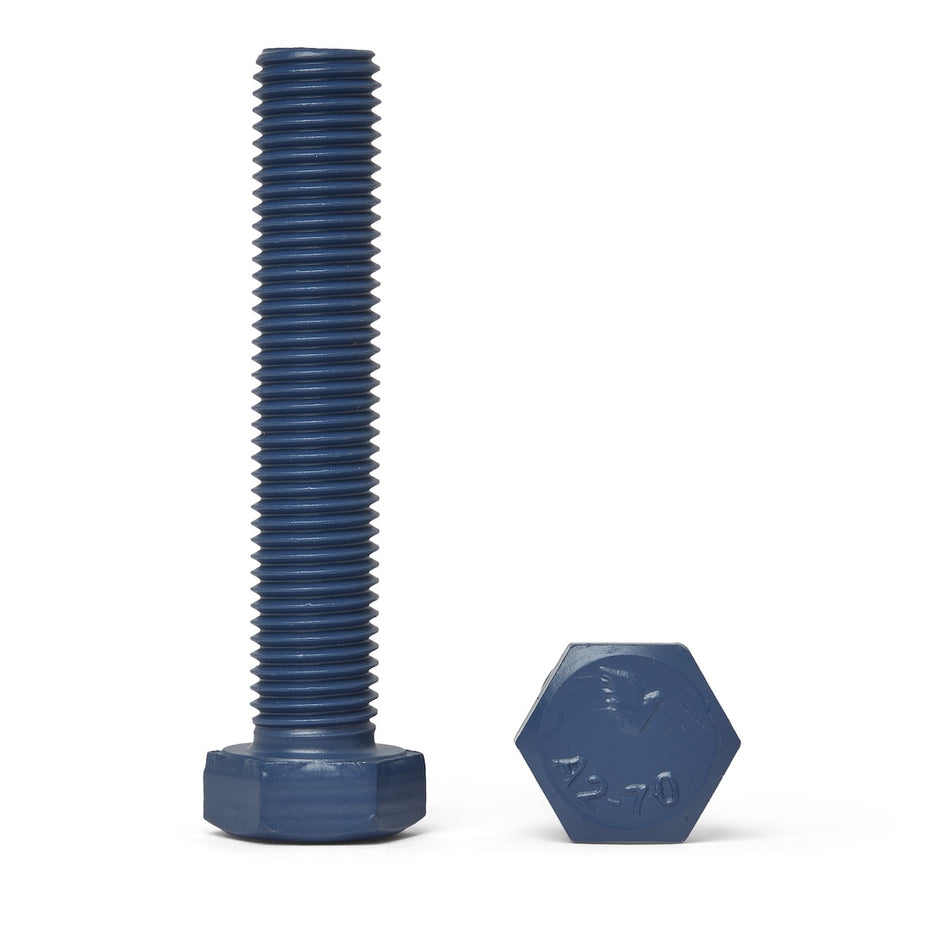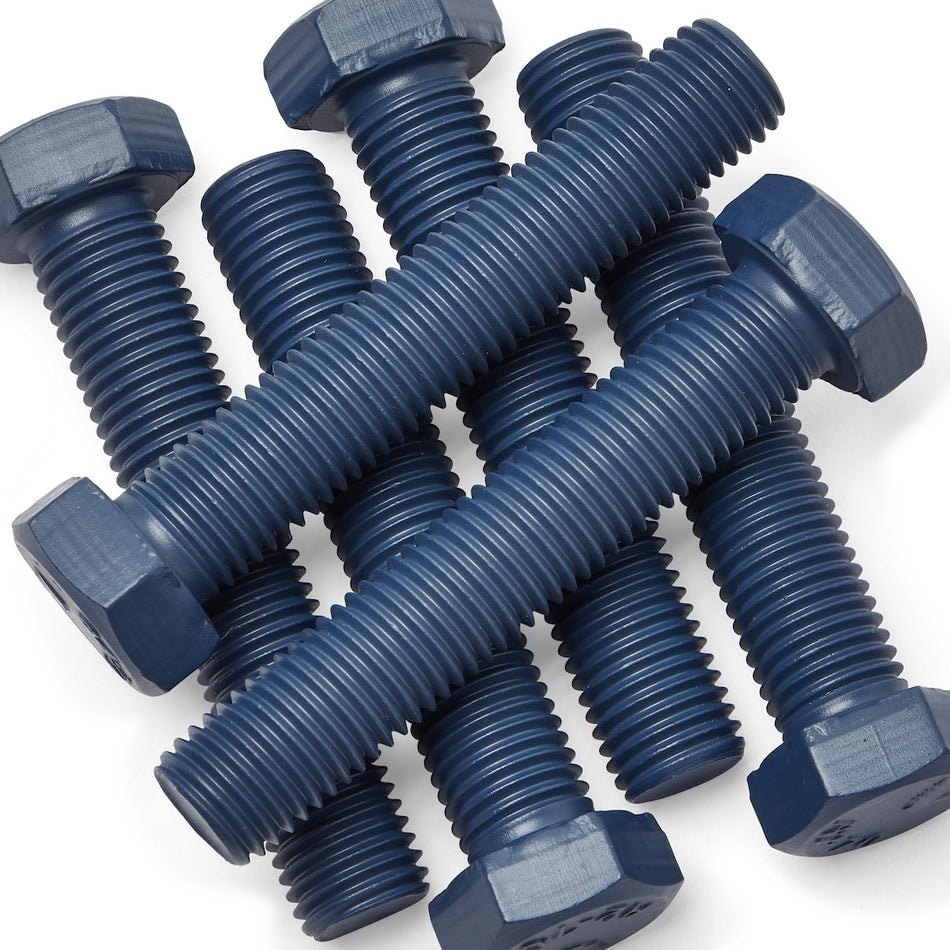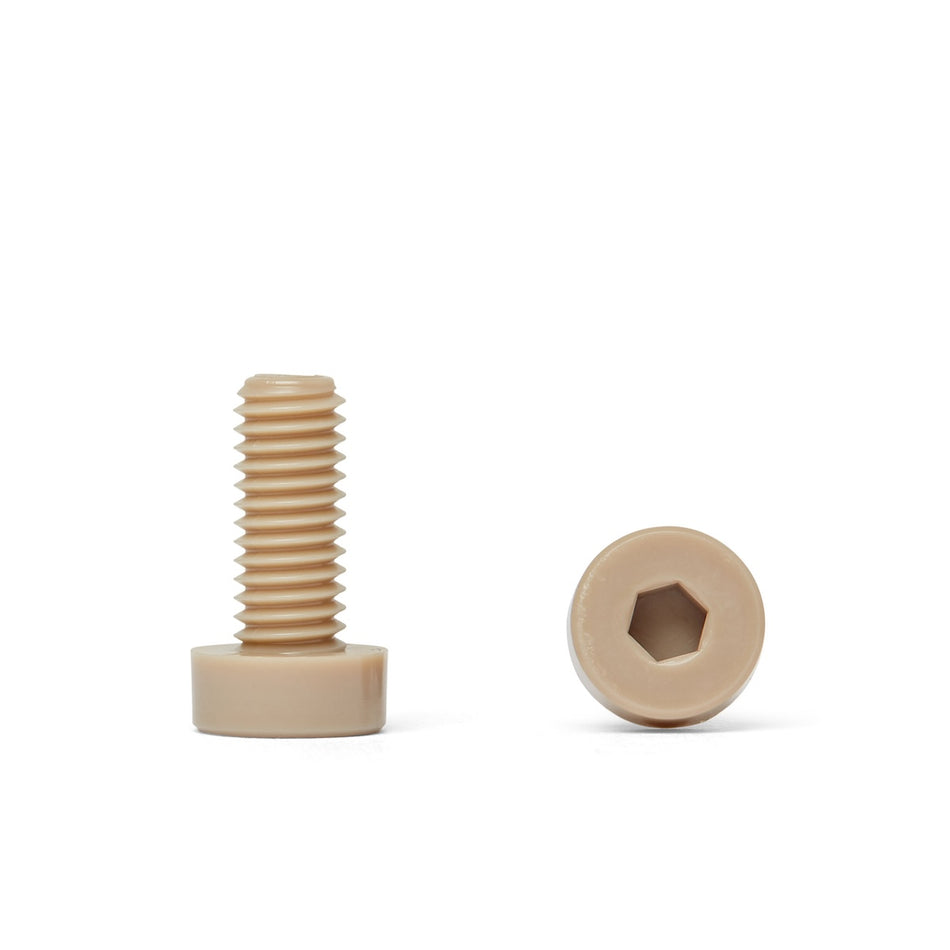143 Products

How the Renewable Energy Industry uses Polymer Screws, Nuts, Bolts, and Fasteners
Polymer screws, nuts, bolts, and fasteners may be used in a variety of applications related to the renewable energy industry. These types of fasteners are made from a variety of polymers, such as plastic, rubber, or composite materials, and are designed to be strong, durable, and resistant to corrosion.
One potential use of polymer fasteners in the renewable energy industry is in the construction and operation of solar energy systems. Solar panels, inverters, and other components of a solar energy system may be secured and fastened together using polymer fasteners. Polymer fasteners may be preferred over metal fasteners in certain situations due to their lighter weight and resistance to corrosion.
Polymer fasteners may also be used in the construction and operation of wind energy systems. For example, polymer fasteners may be used to secure and fasten together the various components of a wind turbine, such as the rotor, the tower, and the nacelle. Polymer fasteners may also be used in the construction and operation of other types of renewable energy systems, such as hydroelectric and biomass energy systems.
Overall, the use of polymer screws, nuts, bolts, and fasteners can help to improve the performance, reliability, and durability of renewable energy systems, and may play an important role in the construction and operation of these systems.
The renewable energy industry is an important and rapidly growing sector, and is driven by the increasing demand for clean, sustainable, and cost-effective energy solutions. Renewable energy sources have a number of advantages over fossil fuels, including:
-
They produce significantly lower greenhouse gas emissions, which can help to mitigate climate change.
-
They are typically less expensive to operate and maintain than fossil fuel-based energy systems.
-
They can be more reliable and resilient than fossil fuel-based energy systems, as they are not subject to price fluctuations or supply disruptions.
There are several different types of renewable energy technologies that are currently in use or under development, including:
-
Solar energy: Solar energy is produced by converting sunlight into electricity using photovoltaic panels or concentrating solar power systems.
-
Wind energy: Wind energy is produced by harnessing the power of the wind using wind turbines.

